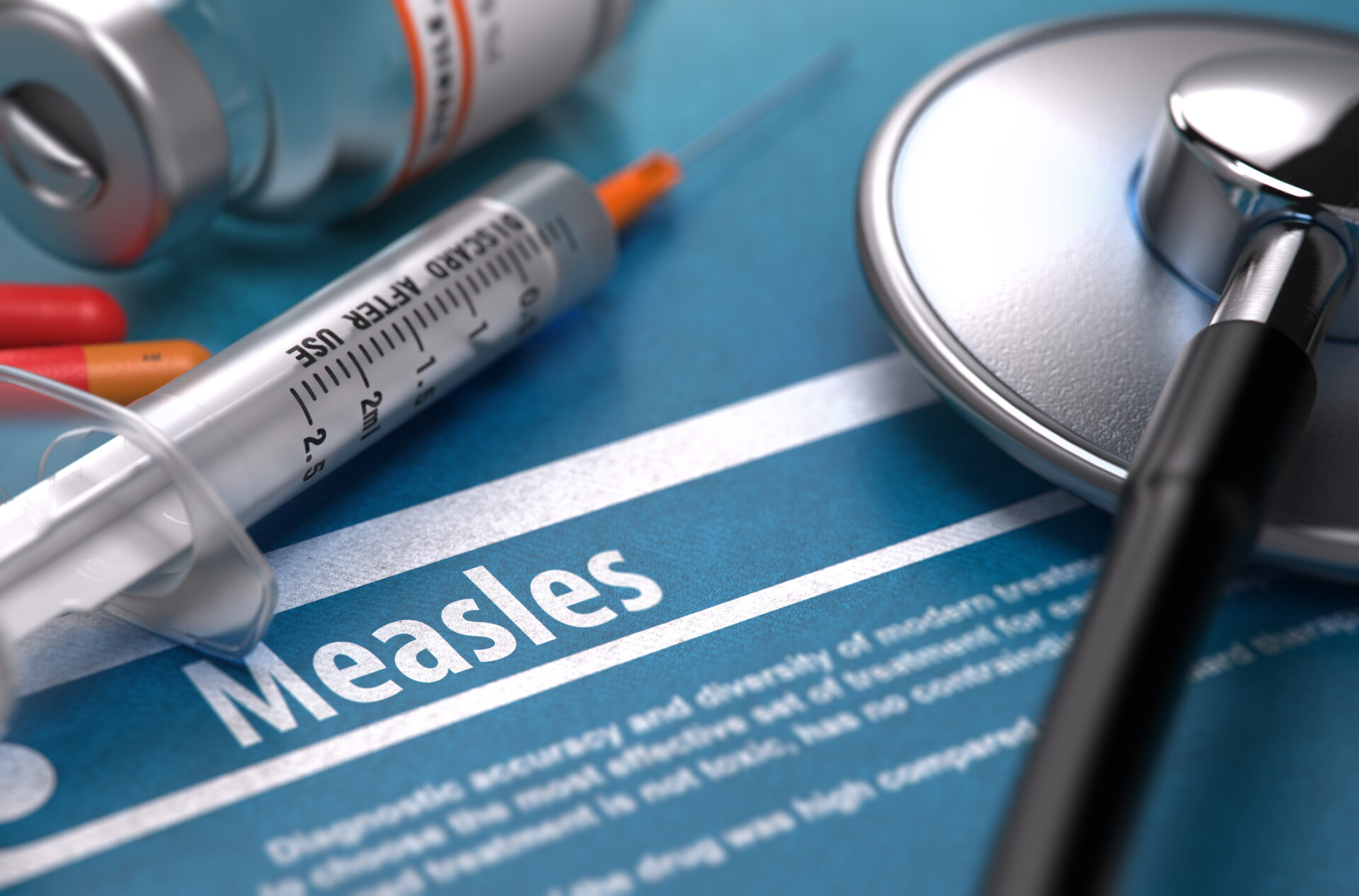The Department of Health announced Friday that West Virginia’s first case of measles in 15 years is officially contained.
The case was reported on April 22 in Monongalia County and linked to international travel.
According to a press release from the Department of Health (DH) Friday, May 10 marked the last day when all first-degree contacts with the infected individual passed their monitoring period.
“Thanks to a swift and comprehensive response through aggressive contact tracing and cooperation from the public, I am pleased to report no additional cases of measles have been reported,” said Health Secretary Sherri Young.
Local health departments and the DH tracked more than 150 people who were potentially exposed, including 128 West Virginia residents from 30 counties and four states.
According to state Health Officer Matthew Christiansen, this case of measles was contained because West Virginia has strong herd immunity against the disease.
“The reason this case of measles was able to be contained is because West Virginia has strong herd immunity, which protects vulnerable people – infants, immunocompromised people, and older adults – from the spread of deadly diseases like measles. The MMR vaccine is the best defense against measles, not only to protect yourself but your loved ones as well,” said Dr. Matthew Christiansen, State Health Officer. “While this case was contained, outbreaks of the virus continue to plague other states. We encourage all West Virginians to check their vaccination records and get vaccinated if they are not immune.”
Despite recent legislative challenges, both doses of the measles vaccine are required for a child to enter kindergarten in West Virginia.
On March 27, Gov. Jim Justice vetoed a bill to ease vaccine requirements for many of the state’s school-age children.
On the final day of bill signing from the 2024 regular legislative session, Justice vetoed House Bill 5105.
The controversial bill would have changed West Virginia’s vaccination requirements by allowing virtual public school students to be exempt from vaccination policies and for private and parochial schools to institute their own policies either exempting students or not.
According to a press release from the DH this measles case highlights the importance of staying up to date on vaccinations.
The measles vaccine is typically given in two doses with the first recommended between 12 and 15 months of age. The second dose is recommended between four and six years.
Unless they have other evidence of immunity, adults born after 1956 should get at least one dose of MMR vaccine, and two appropriately spaced doses of MMR vaccines are recommended for healthcare personnel, college students and international travelers.
The Bureau for Public Health recommends MMR vaccination as part of a routine vaccination schedule for all children and adults.
MMR vaccines are available through healthcare providers and local health departments across the state. To find a local health department near you, visit dhhr.gov. To learn more about MMR vaccines, visit the Centers For Disease Control and Prevention’s website.
